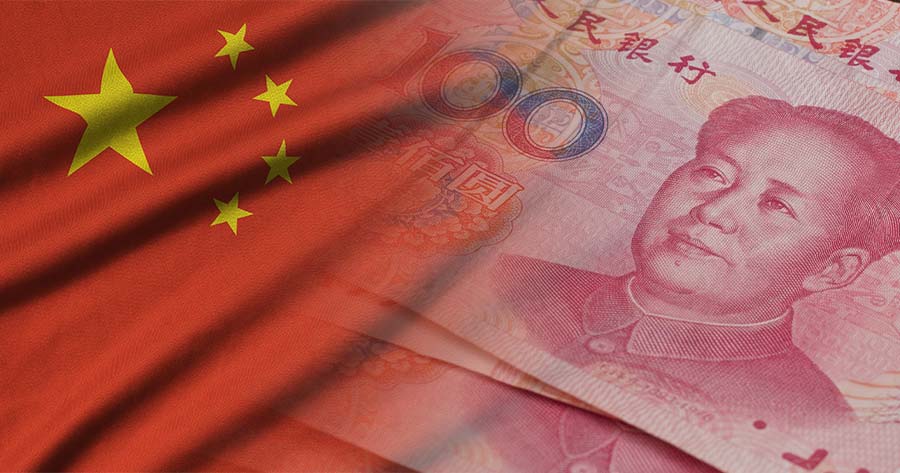The latest evidence of fierce price competition, often referred to locally as ‘involution,’ is surfacing in China’s tourism industry, intensifying wider concerns about mounting deflationary pressures in the country’s economy.
During the Golden Week holiday from October 1 to 8, domestic tourism trips reached 888 million and generated revenues totaling 809.01 billion yuan ($113.63 billion), according to official government figures. These figures represent year-on-year increases of 1.8% in trips and 7.6% in revenue, based on CNBC calculations.
However, both metrics reflect a slowdown compared to the previous holiday in May, when domestic travel and revenue grew by 6.4% and 8%, respectively. Goldman Sachs noted that average spending per domestic trip during this Golden Week was approximately 3% lower than in 2019, prior to the pandemic.
Mix Shi, founder of PoshPacker Hostels Chengdu Group, described the period as disappointing for operators despite strong demand, explaining that his hostels were fully booked only after he slashed nightly rates by about 60% in response to sharp reductions by neighboring hotels. Shi observed an oversupply in the hotel market, commenting that while tourists benefited from lower prices, the intense competition resulted in significant challenges for hostel owners.
Chengdu, the capital of Sichuan province, ranked second after Nanjing for tourism spending on the Meituan online platform during the holiday. HostelWorld reported that the popularity of Chengdu among both local and international hostel visitors more than doubled compared to last year, making it second only to Shanghai. However, the average bed price in both cities fell by more than 20%.
China has attempted to stimulate domestic consumption by encouraging businesses to increase vacation allowances for workers and by extending official holidays. This year’s Golden Week was extended by an extra day because it overlapped with the Mid-Autumn Festival, which is traditionally celebrated as a time for family gatherings.
AJ Wang, owner of the X Hotel and Observatory Hill House in Qingdao, highlighted that consumer demand dropped sharply after the festival, forcing hotel operators to cut prices by as much as 60%.
Government data showed that domestic tourism revenue during the Golden Week jumped 15.4% from 2024. However, when including last year’s Mid-Autumn Festival, growth moderated to 7.6%, according to CNBC.
China’s official data shows consumer prices declined 0.4% year-on-year in August, although core inflation—which excludes food and energy—rose by 0.9%. Tourism-related prices gained just 0.7% year-on-year during the month, and from January to August were down 0.3% on the same period in 2024.
Looking forward, key economic indicators, including September inflation and retail sales results are due later this month, with retail sales having grown only 3.4% in August, below analysts’ forecasts.





